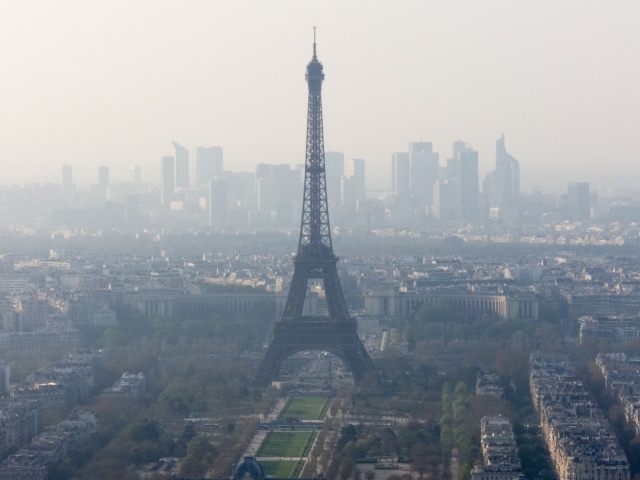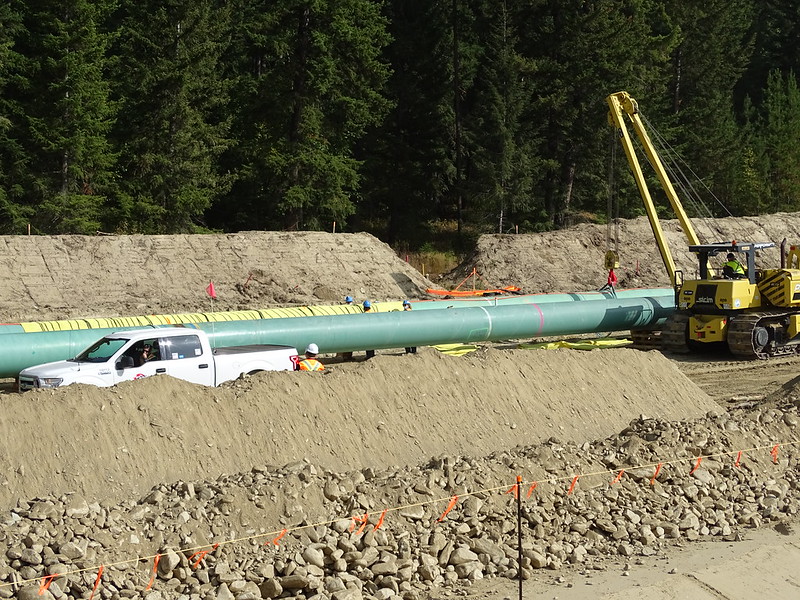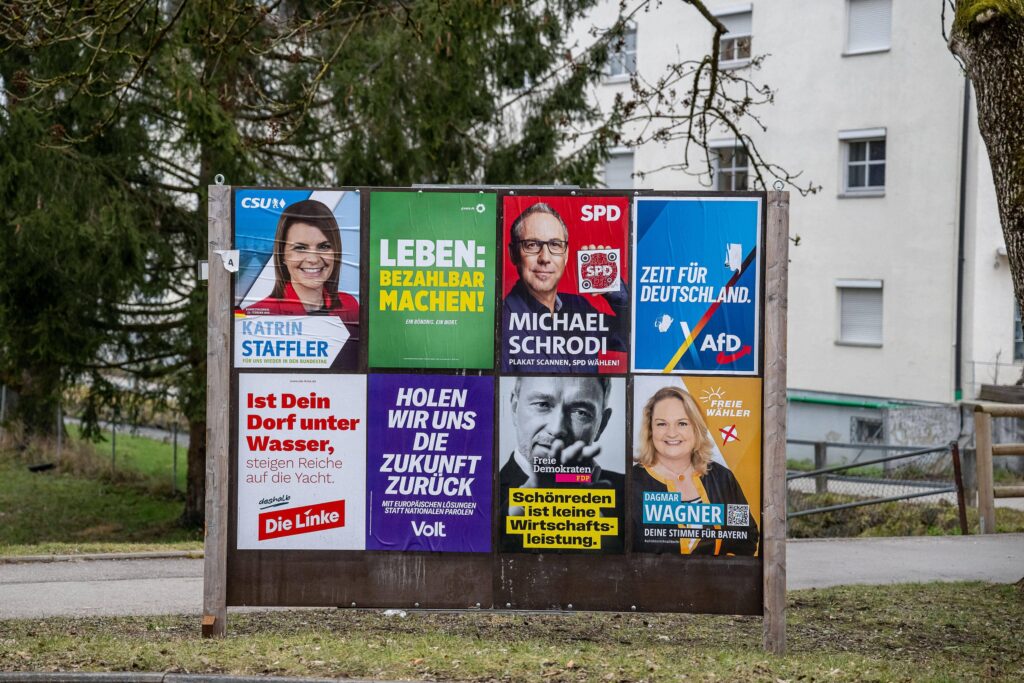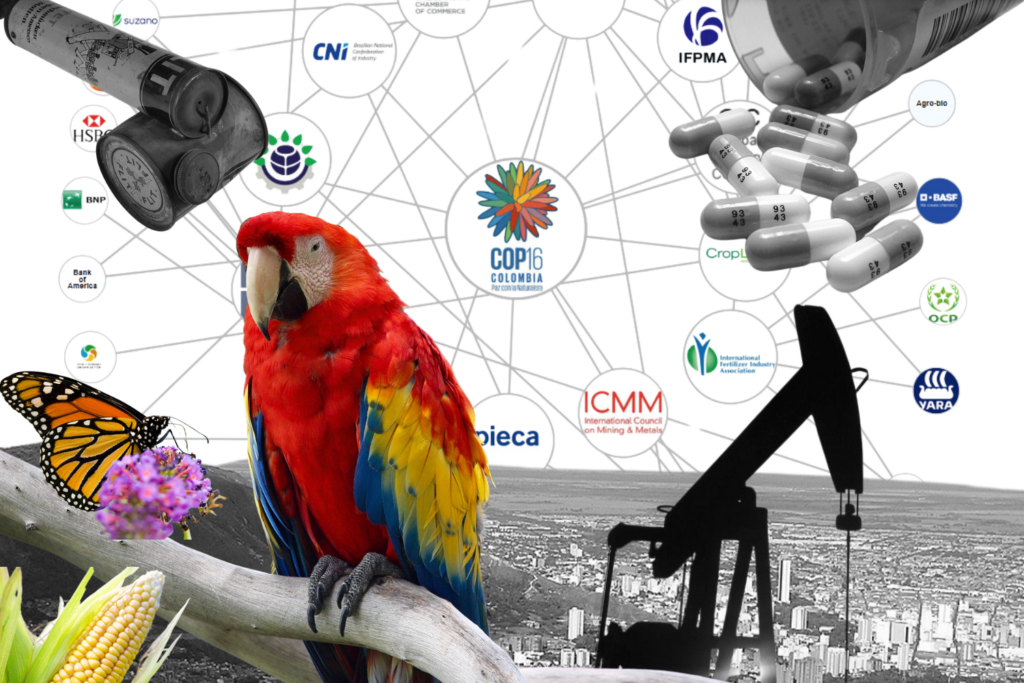The first batch of corporate sponsors for December’s climate negotiations in Paris has officially been revealed. Among them are big-name polluters Engie (formerly GDF Suez), Air France, and the European bank BNP Paribas.
Pierre-Henri Guignard, the COP 21 organiser, announced the corporate sponsors yesterday during a press conference where he asserted that “all of these companies are friends of the climate”.
However, campaigners argue this is merely another case of “green-washing”. Oxfam France has criticised the sponsorships, stating that the climate conference “will be financed by French champions of pollution.”
“The French government had pledged to work with ‘climate-compatible’ companies, but its hypocrisy is now clear,” the NGO said.
Corporate Financing
The Paris conference will cost an estimated €170m (£120m) according to Guignard. Of this, he hopes up to 20 percent will be financed by corporate sponsorships.
It has yet to be announced by how much each company is financially sponsoring the conference. Other companies announced as sponsors yesterday include car company Renault–Nissan, Suez Environment, French investment banking firm Axa, and Michelin.
French utility company EDF, Swedish furniture company IKEA and Italian insurance company Generali are also among this first batch of corporate sponsors.
SCANDALEUX @COP21 financée par des champions de la pollution comme @Engie @EDFofficiel @Groupe_Renault etc @attac_fr pic.twitter.com/R2KObEM1X8
— Maxime Combes (@MaximCombes) May 27, 2015
The cartoon reads: COP21 financed by polluters. Big Business: “My checkbook is made of recycled paper!” Delegate: “Perfect!”
Guignard explained that one of the main aims behind these partnerships is to “ensure a high degree of environmental standards at the conference itself”.
For example, the companies will help to put in place green transportation and contribute to optimising the buildings’ energy use, he explained.
Renault-Nissan Alliance just announced that it will be providing the climate conference with 200 pure electric vehicles for delegates as well as establishing more than 50 renewable-powered charging stations in and around Paris.
Private Interests
However, Pascoe Sabido of research and campaign group Corporate Europe Observatory said: “We cannot negotiate a climate agreement with those who are responsible for climate change: states must listen to citizens’ interests, and not the private interests of lobbies and multinationals.”
Corporate sponsorship is a regular feature of the UN climate negotiations. The UNFCCC has consultative guidelines about the nature of sponsors and prominence of logos when used in connection with the event. So just how green are some of this year’s corporate climate partners?
There is some good news. French investment firm Axa made headlines last week as it announced that it will be divesting from high-risk coal funds due to their climate change threat. However, this applies only to the company’s general account.
Malika Peyraut of Friends of the Earth said: “Most of these companies are big emitters of the very greenhouse gases responsible for climate change, such as EDF or Engie whose coal plants alone are equivalent to nearly half of France’s entire emissions.”
“While the French government had said that they would look for businesses with flawless reputations, many of them are involved in projects harmful to people, their quality of life and work. Putting the most important climate conference of the decade under the patronage of climate-incompatible businesses does not bode well.”
Energy Transformation
In April, GDF Suez transitioned to the new ‘Engie’ name in an effort to reflect the transition towards a decarbonised world and the company’s involvement in renewable power. The company has also officially stated that it “agrees on the need to reach a fair, worldwide agreement that will limit global warming to 2°C between now and 2050”.
But Engie, which is partly owned by the French government, is also heavily involved in coal and fracking. According to March 2015 figures, natural gas accounts for 62 percent of its projects, coal at 16 percent, with renewables representing 19.3 percent (this includes wind, hydro and biomass).
Engie owns more than a third of Suez Environment, also a COP21 sponsor. Both Engie and Suez Environment are members of the Centre for Non-Conventional Hydrocarbons, a fracking lobby group.
Moving along, EDF has made headlines as an investor in Hinkley Point C power plant. Meanwhile, Air France has received criticism for its opposition to emissions reductions in the aviation sector.
And don’t forget BNP Paribas, which was the foremost French bank in terms of support for coal between 2005 and 2014. For example, the bank is invested in the controversial mountain top removal coal mining in the United States.
“The government is offering a cheap and easy opportunity for multinational climate criminals to green-wash their image. The public interest demands that these talks not be polluted by the private interests represented by these companies,” said Maxime Combes of ATTAC France. “Would we entrust the fight against tobacco to cigarette manufacturers? Why do it for climate policy?”
Photo: Alberto Hernandez via Flickr
Subscribe to our newsletter
Stay up to date with DeSmog news and alerts







